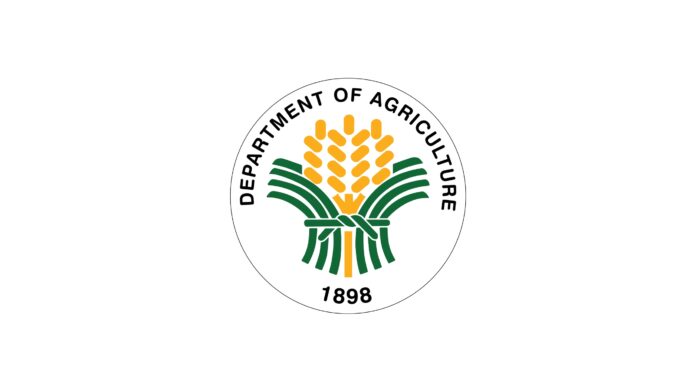The Department of Agriculture on Tuesday lauded the Philippine Ports Authority and the Bureau of Customs for quickly taking action on imported agricultural products sitting idly for months at the Port of Manila.
The PPA said hundreds of container vans loaded with food products, including rice, have been sitting in Manila ports—some of them for several months–as consignees apparently delay their withdrawal.
Port officials suspect consignees are trying either to reduce warehousing cost or merely waiting for the price of the food items to rise.
But Agriculture Secretary Francisco P. Tiu Laurel, Jr. said the delay in the shipment and delivery of imported farm products was caused by several storms and weather disturbances, including recent typhoons. “The delay was caused by force majeure,” he said.
The DA chief said closer cooperation with BOC and PPA will help the DA better time its own activities to better manage food supply and ensure food security.
“This would help improve our supply and price forecasting and avoid artificial shortages caused by product hoarding. Data that we will gather will also help us determine which importers to blacklist, if needed,” the DA chief said.
The DA is looking at adding requirements to the import permits issued by its agencies, particularly the Bureau of Plant Industry and the Bureau of Animal Industry, to ensure that agricultural food products are quickly delivered to warehouses and sold to markets.
In a news conference held separately in Malacanang, PPA general manager Jay Santiago pledged cooperation with the DA on monitoring food shipments, noting the arrangement will allow for better management of food containers in various seaports and contribute to the improvement of trade and economic activity.
Santiago said as a result of the inspection of 888 “overstaying” container vans last week, around 300 container vans have been pulled out by their consignees. He expects more to be removed before the end of the month.
Santiago said the PPA will report to the DA on the overstaying of agricultural food products and ask the BOC to declare the shipments as abandoned for proper disposition. DA assistant secretary and spokesman Arnel de Mesa said even if the overstaying container vans are all loaded with rice, the volume is just a small percentage of the 3.9 million metric tons of imported rice and should not affect rice prices.
De Mesa said rice retail prices are in pfact already starting to decline from P50 a kilo to P42 for imported well-milled rice and P45 for local well-milled rice.
Prices should ease further as the full impact of the recent tariff cut is felt in January. Secretary Tiu Laurel earlier projected rice prices to start easing around mid-October as a result of the import tariff cut to 15 percent from 35 percent in July.
He said the full impact of the tariff cut may be felt in January next year as rice bought prior to the tariff cut is consumed in full. The economic managers have estimated the tariff cut could lower the price of rice P5 up to P7 a kilo.
Between December 2023 and May 2024, rice imports averaged 422,000 metric tons a month, exceeding consumption by 102,000 tons a month. This resulted in an excess of approximately 612,000 metric tons of imported rice at 35 percent tariff, enough to cover nearly two months of consumption.
Ahead of the tariff reduction, rice imports fell to around 176,000 metric tons in June and July. This increased to 385,000 metric tons in August, data show. Higher freight costs and strong demand from Indonesia and Malaysia also kept global rice prices elevated.







